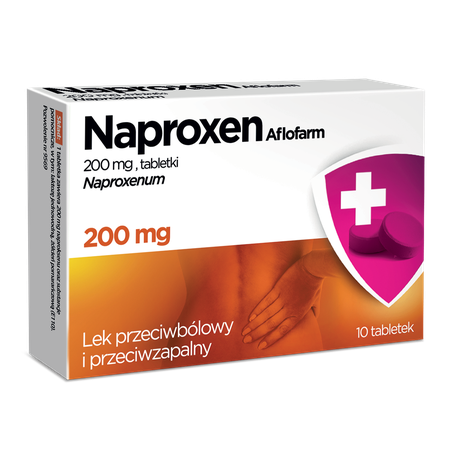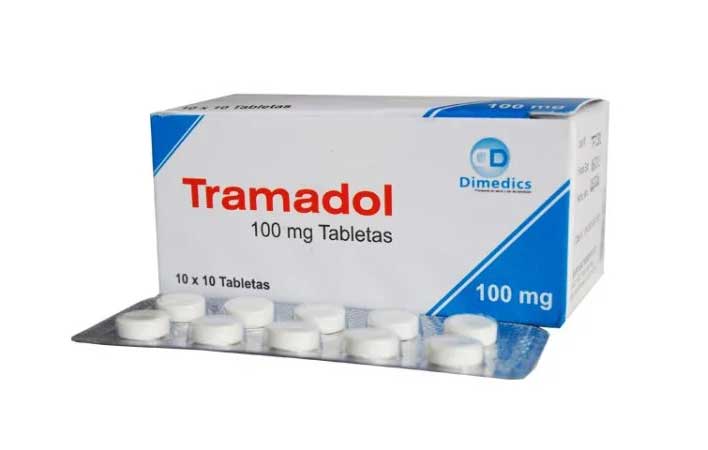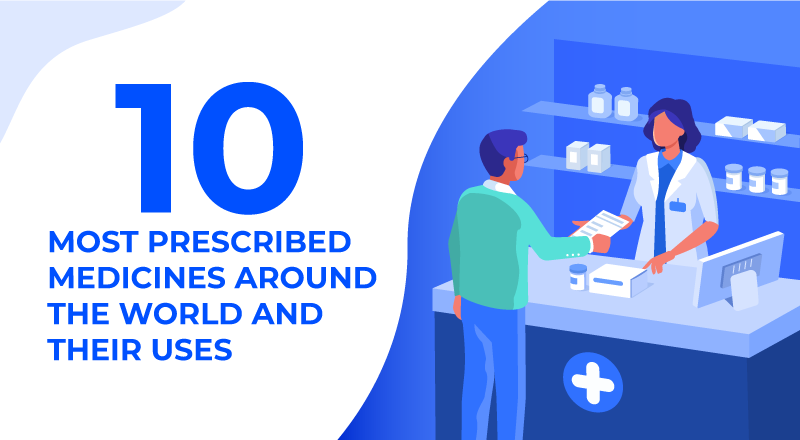Top 10 Painkiller Medicines in the World: A Comprehensive Review
Pain, whether acute or chronic, is an experience that most individuals encounter at some point in their lives. In the world of medicine, painkillers, also known as analgesics, play a pivotal role in alleviating discomfort and improving quality of life. This review delves into the top 10 painkiller medicines in the world, shedding light on their effectiveness, benefits, and considerations.
1. Ibuprofen
Ibuprofen is a nonsteroidal anti-inflammatory drug (NSAID) that offers swift relief from mild to moderate pain and inflammation. It’s widely used for headaches, muscle pain, and menstrual cramps. However, long-term use may carry gastrointestinal risks.
2. Acetaminophen
Acetaminophen, also known as paracetamol, is a versatile pain reliever suitable for various discomforts. It’s gentle on the stomach and is often used for headaches, fever, and pain associated with osteoarthritis. However, excessive intake can lead to liver damage.
3. Aspirin
Aspirin is not only a pain reliever but also an anticoagulant that can prevent blood clotting. It’s commonly used to manage pain, reduce inflammation, and lower the risk of heart attacks. However, it’s not suitable for everyone, especially those with certain medical conditions.
4. Naproxen

Naproxen is another NSAID that provides relief from pain and inflammation. It’s often prescribed for conditions like arthritis and gout. It’s important to take it with food to reduce the risk of stomach irritation.
5. Tramadol

Tramadol is an opioid-like medication that targets moderate to severe pain. It’s used when other painkillers may not provide adequate relief. However, it has the potential for dependence and should be used under medical supervision.
6. Codeine

Codeine is an opioid often combined with other medications to enhance its pain-relieving effects. It’s effective for mild to moderate pain, but its use should be cautious due to the risk of dependence and side effects.
7. Morphine

Morphine is a potent opioid used to manage severe pain, such as post-surgery or cancer-related pain. It’s generally reserved for situations where other options are ineffective, and its use is closely monitored due to its potential for addiction.
8. Hydrocodone

Hydrocodone is frequently combined with other medications and is used to treat moderate to severe pain. Like other opioids, it carries the risk of addiction and should be used under strict medical guidance.
9. Oxycodone
Oxycodone is another powerful opioid used to manage severe pain. It’s available in various forms, including extended-release formulations. Due to its potency, careful dosing and monitoring are crucial to prevent misuse.
10. Fentanyl

Fentanyl is among the strongest opioids and is often reserved for extreme pain management, such as during surgery or for severe chronic pain. It’s available in various delivery methods, including patches and lozenges.
read more about Managing Chronic Pain: Strategies and Medications
Conclusion
Painkiller medicines serve as invaluable tools in enhancing the quality of life for individuals dealing with pain. However, it’s crucial to use them responsibly and under the guidance of a medical professional. Each painkiller comes with its own set of benefits and potential risks, and the choice should be based on individual needs and medical history.
FAQs
- Q: Are painkillers safe for long-term use? A: While some painkillers can be used safely for extended periods under medical supervision, long-term use of certain opioids and NSAIDs can carry risks. It’s important to consult a healthcare professional to determine the appropriate duration of use.
- Q: Can I take painkillers with other medications? A: Certain painkillers, especially opioids and NSAIDs, may interact with other medications. Always inform your doctor about any medications or supplements you’re taking to avoid potential interactions.
- Q: Are there any natural alternatives to painkillers? A: Yes, there are natural alternatives like acupuncture, physical therapy, mindfulness, and herbal supplements. However, their efficacy varies from person to person, and it’s essential to discuss these options with a healthcare provider.
- Q: What are the common side effects of opioids? A: Common side effects of opioids include drowsiness, constipation, nausea, and potential for dependence. It’s important to take opioids exactly as prescribed to minimize these risks.
- Q: Can I become addicted to painkillers? A: Yes, opioids have a potential for addiction due to their impact on the brain’s reward system. Using opioids strictly as prescribed by a doctor and avoiding misuse can help reduce the risk of addiction.
- Q: Are over-the-counter painkillers safe during pregnancy? A: Certain over-the-counter painkillers, like acetaminophen, are generally considered safe during pregnancy. However, it’s best to consult a healthcare provider before taking any medication during pregnancy.
- Q: What should I do if I experience severe side effects from painkillers? A: If you experience severe side effects, allergic reactions, or unusual symptoms after taking painkillers, seek medical attention immediately. It’s better to be cautious and consult a doctor.
- Q: Can painkillers cause stomach issues? A: Yes, some painkillers, especially NSAIDs like ibuprofen and naproxen, can irritate the stomach lining and lead to ulcers or gastrointestinal bleeding. Taking them with food or opting for alternatives may help.
- Q: Is there a maximum recommended dosage for painkillers? A: Yes, each painkiller has a recommended dosage that should not be exceeded. Following the prescribed dosage and not self-medicating beyond the recommended limit is crucial for safety.
- Q: How can I manage pain without relying solely on painkillers? A: Incorporating lifestyle changes, physical therapy, relaxation techniques, and alternative therapies can help manage pain without solely relying on painkillers. Consult a healthcare professional for personalized recommendations.













 Viesearch - The Human-curated Search Engine
Viesearch - The Human-curated Search Engine

2 Comments